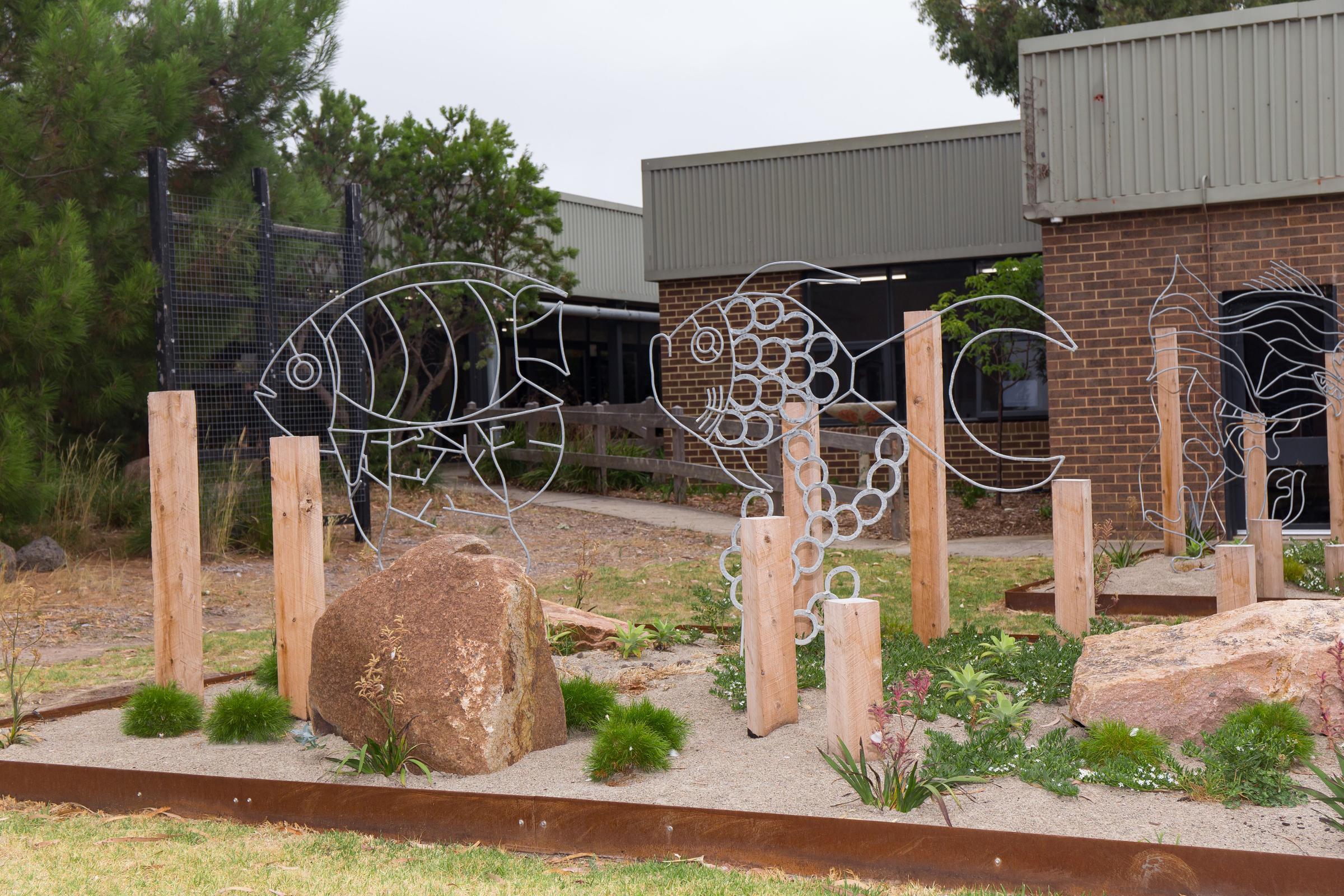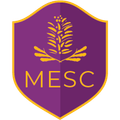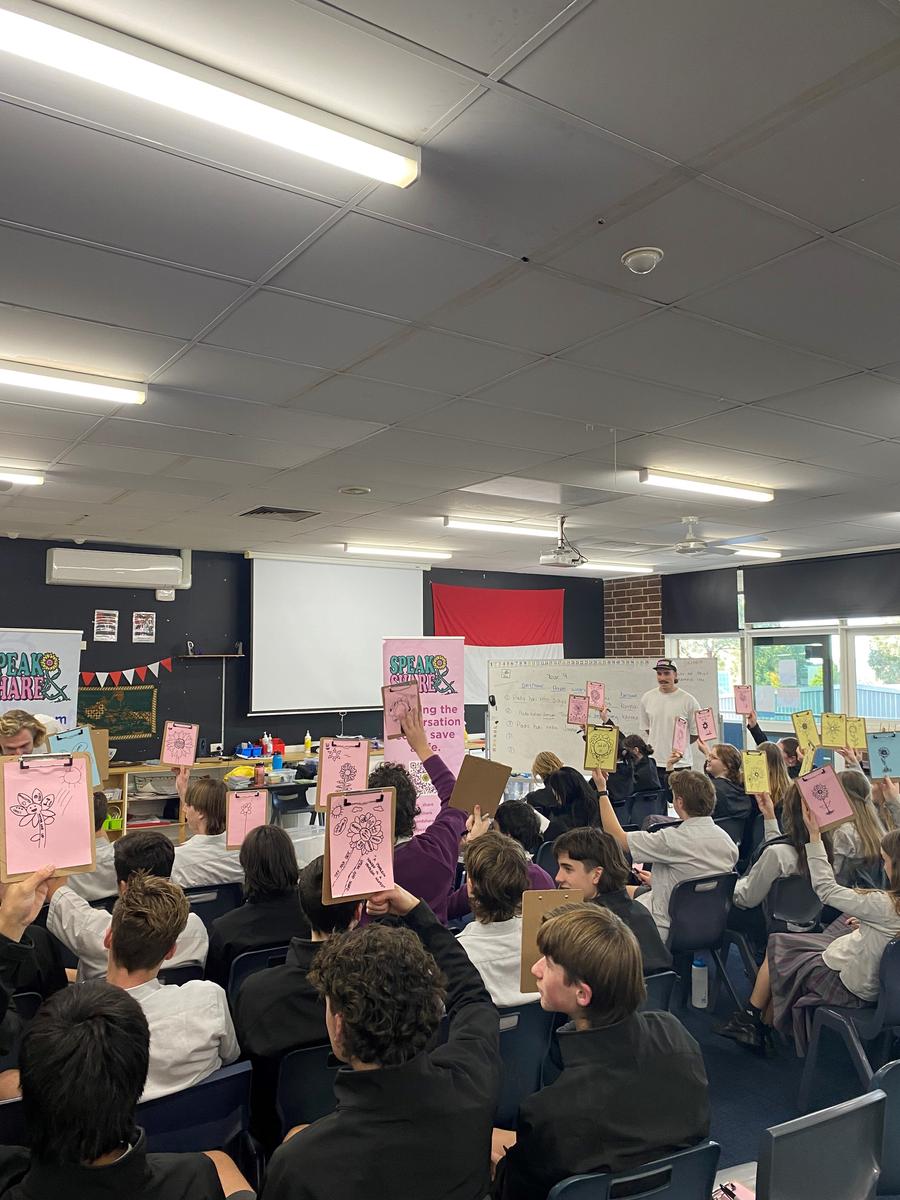COLLEGE PROGRAMS

RESILIENCE RIGHTS AND RESPECTFUL RELATIONSHIPS PROGRAM (RRRR)
In 2016 Respectful Relationships (RR) education became a core component of the Victorian curriculum. The program was born after the Royal Commission into the tragic death of Luke Batty in 2014. It was a recommendation from the Royal Commission that all schools teach Respectful Relationships Education (RRE) through a Whole School Approach, to support students to recognise and regulate emotions, develop empathy for others and establish and build a framework for positive relationships.
The Resilience, Rights and Respectful Relationships teaching and learning materials have been developed to support schools to deliver the curriculum and are mandated to be taught in all Victorian government schools by 2021.
At Mount Eliza Secondary College, we are a lead Respectful Relationships School. This means we have demonstrated a commitment to positive change in students’ academic outcomes, their wellbeing, classroom behaviour, and relationships between teachers and students. We know that changes in attitudes and behaviour can be achieved when positive attitudes, behaviours and gender equality are lived across the school community. Together, we can lead the way in creating genuine and lasting change, so every child can achieve their full potential.
The classroom program is taught through Health and P.E. with a focus on 8 key areas:
- Emotional Literacy: This helps students develop the ability to be aware of, understand and use vocabulary about the emotional states of themselves and others with competence.
- Personal Strengths: Students develop a vocabulary to help them recognise and understand various strengths and positive qualities in themselves and others. They identify the strengths they admire in others and those they need to draw on to engage with the challenges and opportunities that life presents.
- Positive Coping: Students develop language around coping, critically reflect on their coping strategies and extend their repertoire of positive coping strategies.
- Problem-solving: Students learn a range of problem-solving techniques that can be applied when confronting personal, social and ethical dilemmas. They engage in applied learning tasks in which they apply their problem-solving skills to be realistic.
- Stress management: This teaches students to learn a range of problem-solving skills through applied learning tasks, so that they are able to cope with challenges as they arise.
- Help-seeking: Help seeking is a coping strategy that involves seeking technical, instrumental, social or emotional support from other people.
- Gender and identity: These are age-appropriate learning activities that assist students to understand and critique the influence of gender norms on attitudes and behaviours (see clip linked below for an example of a discussion prompt).
- Positive gender relationships: This teaches students to build positive relationships between and within genders, and the importance of accepting difference and diversity.
Respectful Relationships takes a whole-school approach, recognising that schools are a place of learning, a workplace and a key part of local communities. It embeds a culture of respect and equality across our entire school community, from our classrooms to staffrooms, sporting fields, fetes and social events.
Students will learn how to respect other despite differences, critically reflect on gender norms and stereotypes, identify types of violence, promote rights and respect for others, and seek help if someone they know is unsafe.
https://www.youtube.com/watch?v=KLIG52i1mko&feature=youtu.be
Please let me know if you have any questions,
Penelope Linardos
Engagement Leader

